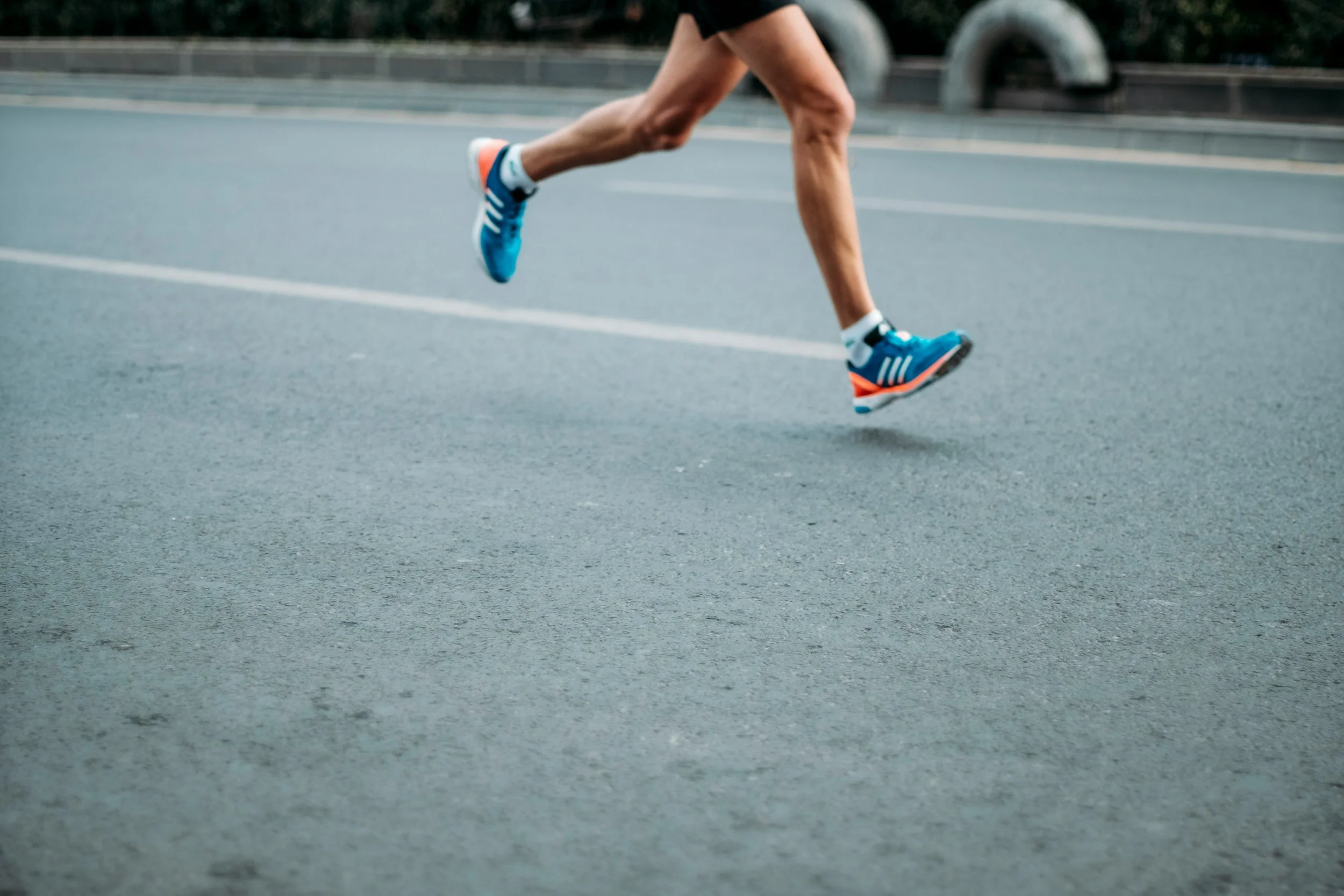Understanding Patella Tendonitis and How Shockwave Therapy Can Help
Have You Been Suffering with Chronic Knee Pain?
If you’ve been dealing with persistent knee pain and have been diagnosed with patella tendinopathy (jumper’s knee), you’re not alone. This condition affects many individuals, particularly athletes and those engaged in repetitive knee movements such as running, jumping, and squatting.
Despite trying various treatments such as rest, physiotherapy, and painkillers, you might still be struggling with discomfort and limited mobility. If traditional approaches haven’t provided the relief you need, Radial Shockwave Therapy (RSWT) could be the solution you’ve been searching for.
Symptoms of Patella Tendinopathy
Patella tendinopathy, or patella tendonitis, occurs due to overuse and repetitive stress on the patellar tendon, leading to microtears, inflammation, and degeneration. Common symptoms include:
Pain at the front of the knee, just below the kneecap
Stiffness and discomfort, particularly when moving from sitting to standing
Tenderness when pressing on the tendon
Swelling or thickening of the tendon
Pain that worsens with activity, especially jumping, running, or climbing stairs
How Radial Shockwave Therapy (RSWT) Can Help
Radial Shockwave Therapy is a clinically proven, non-invasive treatment that can effectively aid in the recovery of patella tendinopathy. RSWT works by delivering acoustic waves to the affected area, promoting the body’s natural healing response. This process stimulates tissue repair, increases blood circulation, and reduces pain by desensitising nerve endings.
Key benefits of RSWT for patella tendonitis:
Reduces pain and inflammation
Stimulates collagen production to strengthen the tendon
Breaks down scar tissue and calcifications
Enhances blood flow for faster healing
Non-surgical approach with no downtime
The RSWT Treatment Process
At Midtown Wellness, Covent Garden, London, our experienced osteopaths and physiotherapists will first assess your condition to determine if RSWT is the right treatment for you.
Treatment typically involves:
5-6 RSWT sessions, spaced 7-10 days apart, to allow for optimal healing.
Each session lasts 15-30 minutes, during which controlled shockwaves are applied to the tendon.
Sensation during treatment varies—some patients describe it as a tapping or pulsing feeling, while others may experience mild discomfort. The intensity can be adjusted to your comfort level.
Immediate relief is possible, but full benefits develop over several weeks as tissue regeneration occurs.
Complementary Rehabilitation Programme
To maximise the effectiveness of RSWT, we recommend following a tailored rehabilitation plan alongside treatment. This includes:
Prescribed strengthening exercises to rebuild tendon resilience
Stretching routines to improve flexibility and mobility
Ice therapy to manage inflammation between sessions
Load management guidance to prevent re-injury
What Do the Statistics Say?
Studies have shown that over 75-80% of patients with patella tendinopathy experience significant pain reduction and functional improvement following RSWT. Many individuals who have struggled with persistent knee pain find long-term relief without the need for surgery or invasive treatments.
Why Choose Midtown Wellness?
At Midtown Wellness, Covent Garden, London, we specialise in advanced Radial Shockwave Therapy for musculoskeletal conditions. Our expert team is dedicated to providing tailored treatment plans, ensuring that each patient receives the best possible care. We are recognised by major health insurers, including Bupa, AXA, and Healix.
If you’re suffering from chronic knee pain and have yet to try Radial Shockwave Therapy, don’t wait any longer. Contact us today to book your consultation and take the first step towards pain-free movement!

